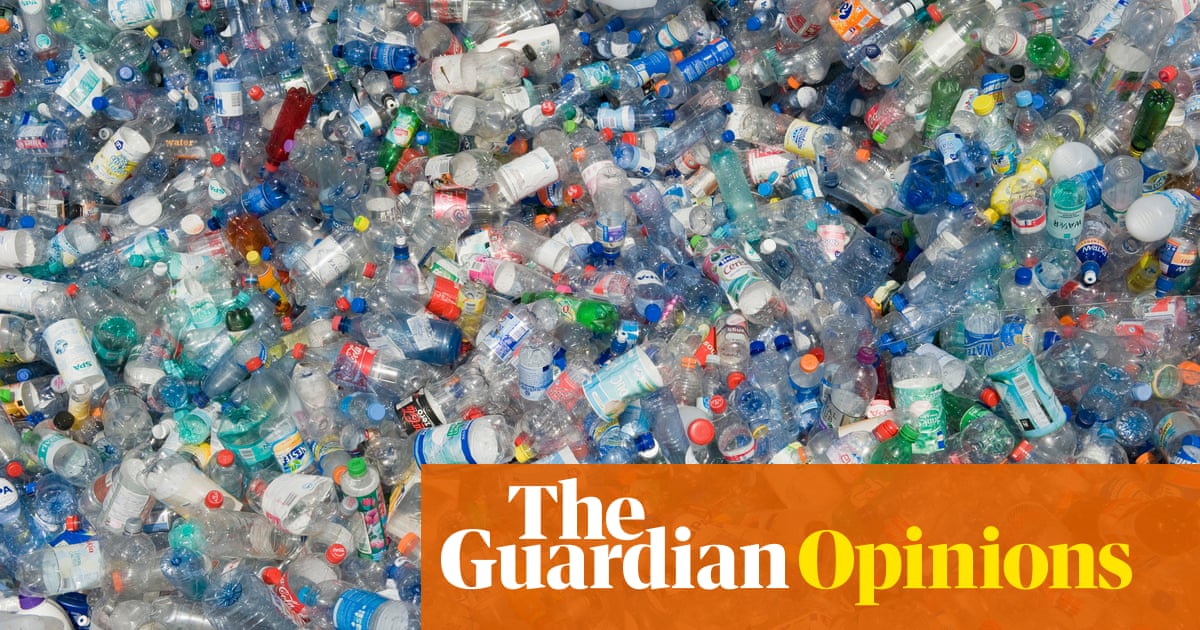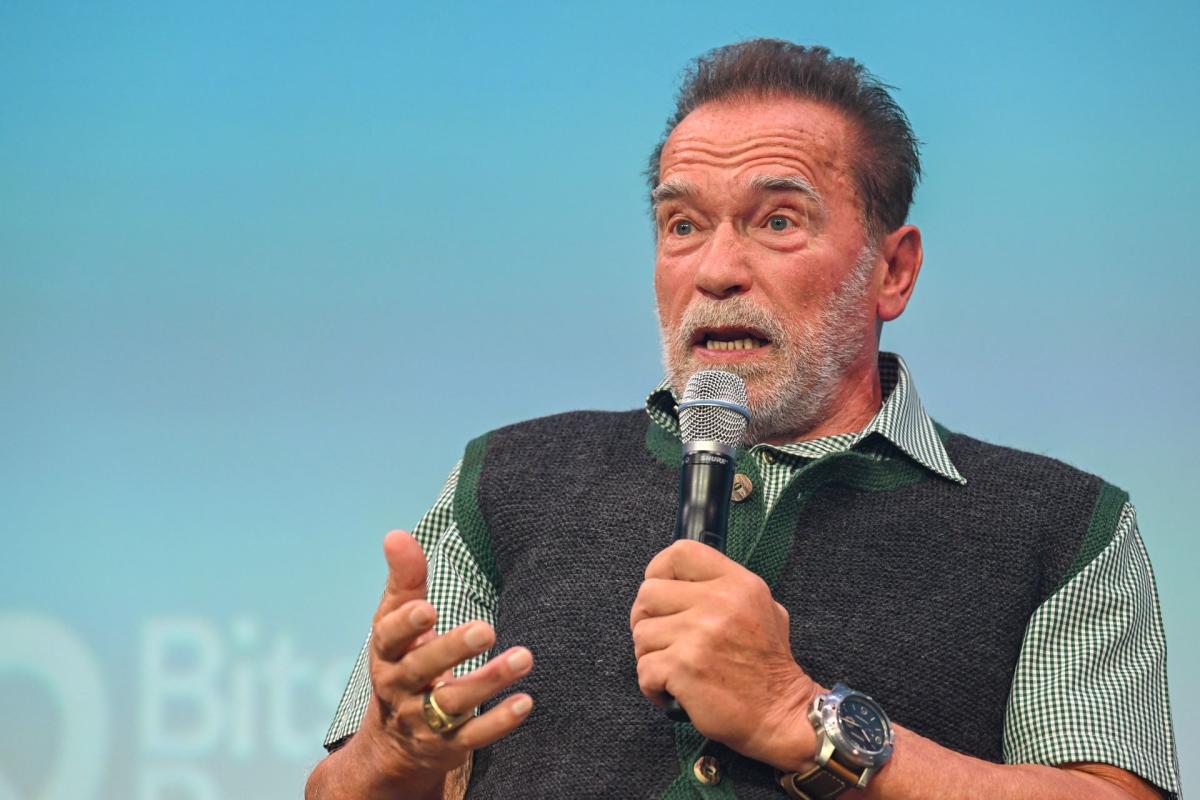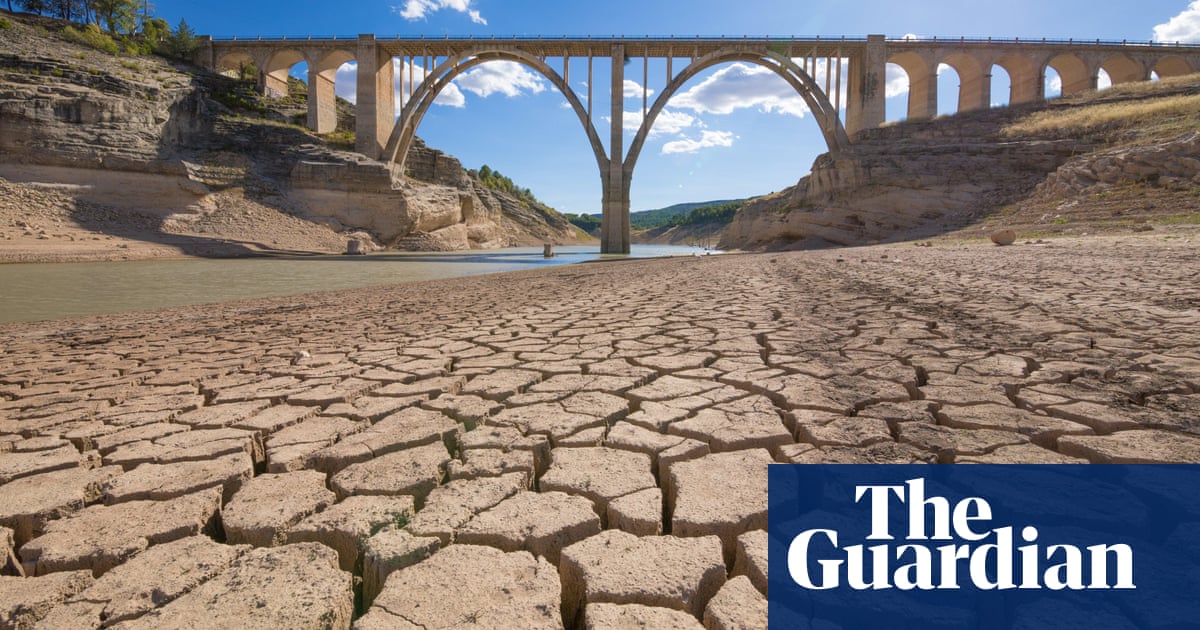Dr. J
Active Member
Sen Kennedy: "Now I'm all for carbon neutrality, but..."
Everything before the "but" is a lie, or phrased differently:
You can install our site as a web app on your iOS device by utilizing the Add to Home Screen feature in Safari. Please see this thread for more details on this.
Note: This feature may not be available in some browsers.
Sen Kennedy: "Now I'm all for carbon neutrality, but..."


I really appreciate the hard work they do. My UPS guy I have known for over 30 years. He works his butt off. Of course they need AC, even here in the mountains (thanks, Global Warming).Driving around in a dark brown truck with no a/c seems like cruel and unusual punishment in many locations.
It's amazing that it takes the threat of a strike for them to do this basic worker protection.I really appreciate the hard work they do. My UPS guy I have known for over 30 years. He works his butt off. Of course they need AC, even here in the mountains (thanks, Global Warming).

Company claims to have solved the corrosion issues with Thorium molten salt reactors.

Powered by Thorium
Clean, cheap, safe and abundant energy using thorium. Enough for everyone and foreverwww.copenhagenatomics.com








Good thing there's no such thing as global warming, or there'd really be trouble!SUPER El Niño 2023


